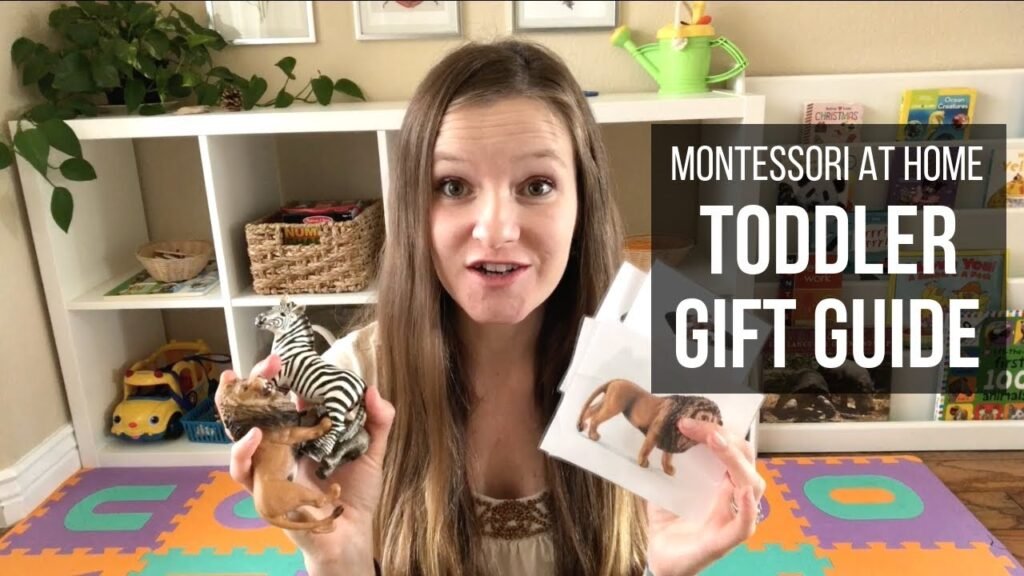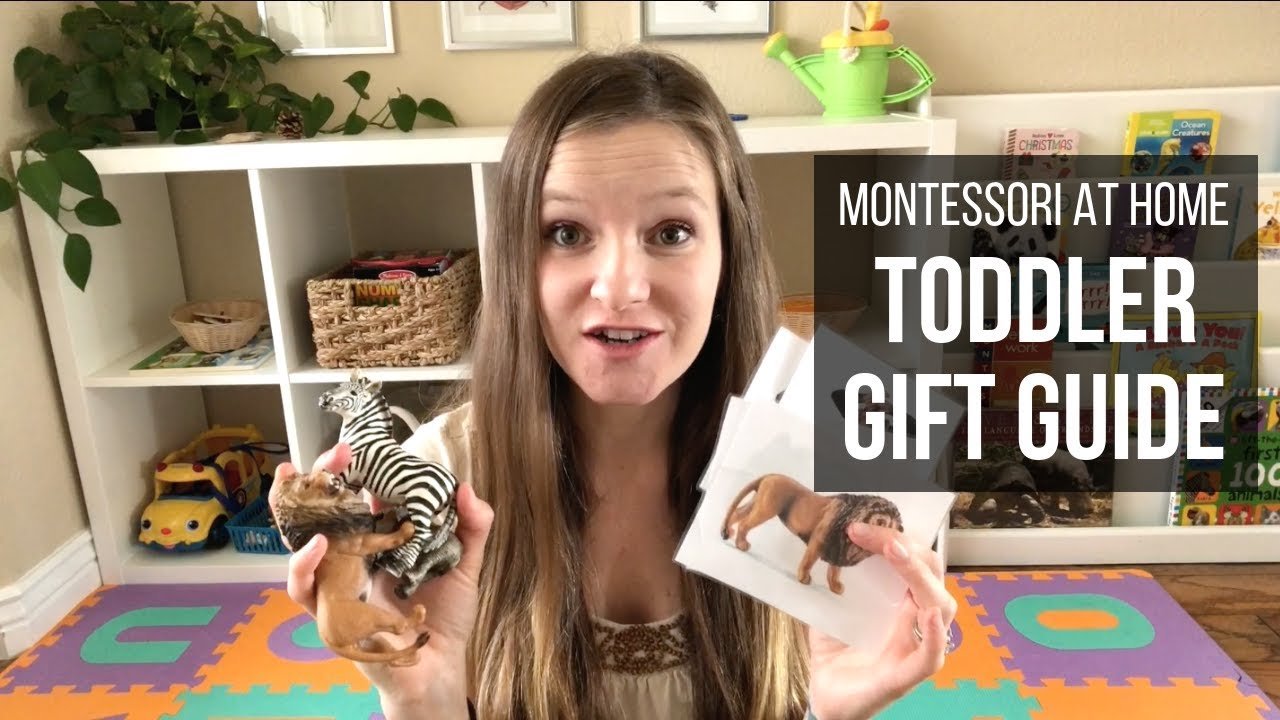In this article, you will explore the wonderful world of Montessori gifts for toddlers! The Hapa Family has created a video sharing their favorite picks for Montessori gift ideas, just in time for the upcoming holidays. From recommended reading to the gear used in their video, they cover it all in a fun and engaging way.
Discover the joy of Montessori at home with this helpful gift guide curated specifically for toddlers. Ashley’s passion for providing valuable content shines through as she shares her personal recommendations without any sponsorships. Get ready to be inspired and find the perfect gifts for the little ones in your life!
Practical Life Activities
In the Montessori method, practical life activities are essential for developing independence, coordination, concentration, and a sense of order in children. Child-sized tools are designed to fit perfectly in a child’s hands, allowing them to practice everyday tasks such as sweeping, mopping, watering plants, and more. Dressing frames help children learn to button, snap, zip, and tie their clothing independently, fostering self-care skills. Pouring activities involve transferring liquids from one container to another, enhancing hand-eye coordination and fine motor skills.
Sensorial Materials
Sensorial materials in Montessori education aim to refine a child’s senses and perception of the world around them. Texture boards provide a tactile experience by allowing children to feel different textures and materials. Matching games help children recognize similarities and differences, strengthening their visual discrimination skills. Sound cylinders expose children to different tones and volumes, honing their auditory senses.
Fine Motor Skills
Fine motor skills are crucial for tasks that require precision and dexterity. Peg puzzles challenge children to manipulate small pieces into corresponding slots, improving hand-eye coordination. Stringing beads promote finger strength and coordination as children create patterns or sequences with beads. Nesting and stacking toys enhance hand-eye coordination and spatial awareness as children build and deconstruct various structures.

Language Development
Language development is a significant aspect of Montessori education, focusing on vocabulary, phonics, and reading skills. Picture cards with images and corresponding words help children associate visuals with language, expanding their vocabulary. Alphabet puzzles familiarize children with letter shapes and sounds, laying the foundation for reading and writing. Beginning readers introduce simple words and sentences to encourage early reading fluency.
Math Manipulatives
Math manipulatives in Montessori education aid in the understanding of mathematical concepts through hands-on activities. Number rods introduce children to numerical sequences and mathematical relationships. Shape sorters challenge children to identify and categorize geometric shapes, enhancing spatial awareness. Counting beads engage children in tactile counting exercises, reinforcing numerical concepts and basic arithmetic skills.
Art Supplies
Artistic expression is encouraged in Montessori education to foster creativity and self-expression. Non-toxic paints allow children to explore colors, shapes, and textures without harmful chemicals. Modeling clay provides a tactile experience for sculpting and molding creations, promoting fine motor skills and spatial reasoning. An easel and paper set the stage for artistic endeavors, allowing children to experiment with different mediums and techniques.
Science Exploration
Science exploration in Montessori education encourages curiosity and a hands-on approach to learning about the natural world. A magnifying glass enables children to observe small details and explore the intricacies of their environment. A nature kit provides tools for collecting specimens and studying plants, insects, and rocks. Gardening tools allow children to engage in planting, growing, and caring for plants, fostering a connection to nature and the cycle of life.
Outdoor Toys
Outdoor play is essential for physical development and exploration of the environment. A balance bike helps children develop balance, coordination, and confidence in riding a bike. A sand and water table offers sensory play opportunities with different textures and materials, promoting creativity and sensory exploration. A gardening set includes child-sized tools for digging, planting, and tending to a garden, teaching responsibility and nurturing skills.
Books
Books play a vital role in Montessori education, offering a wealth of knowledge, stories, and inspiration. Board books are designed for young children with sturdy pages and engaging illustrations to spark curiosity and imagination. Interactive storybooks incorporate elements like flaps, textures, and sounds to make reading interactive and engaging for children. Picture encyclopedias introduce children to a wide range of topics and concepts through vibrant images and concise information.
Musical Instruments
Music is a universal language that can stimulate creativity, emotional expression, and cognitive development in children. A drum allows children to experiment with rhythm and sound production, fostering auditory discrimination and motor skills. A xylophone provides an introduction to music theory and melody, encouraging exploration of different tones and scales. A tambourine offers a percussive element to music-making, allowing children to participate in rhythmic activities and group play.

